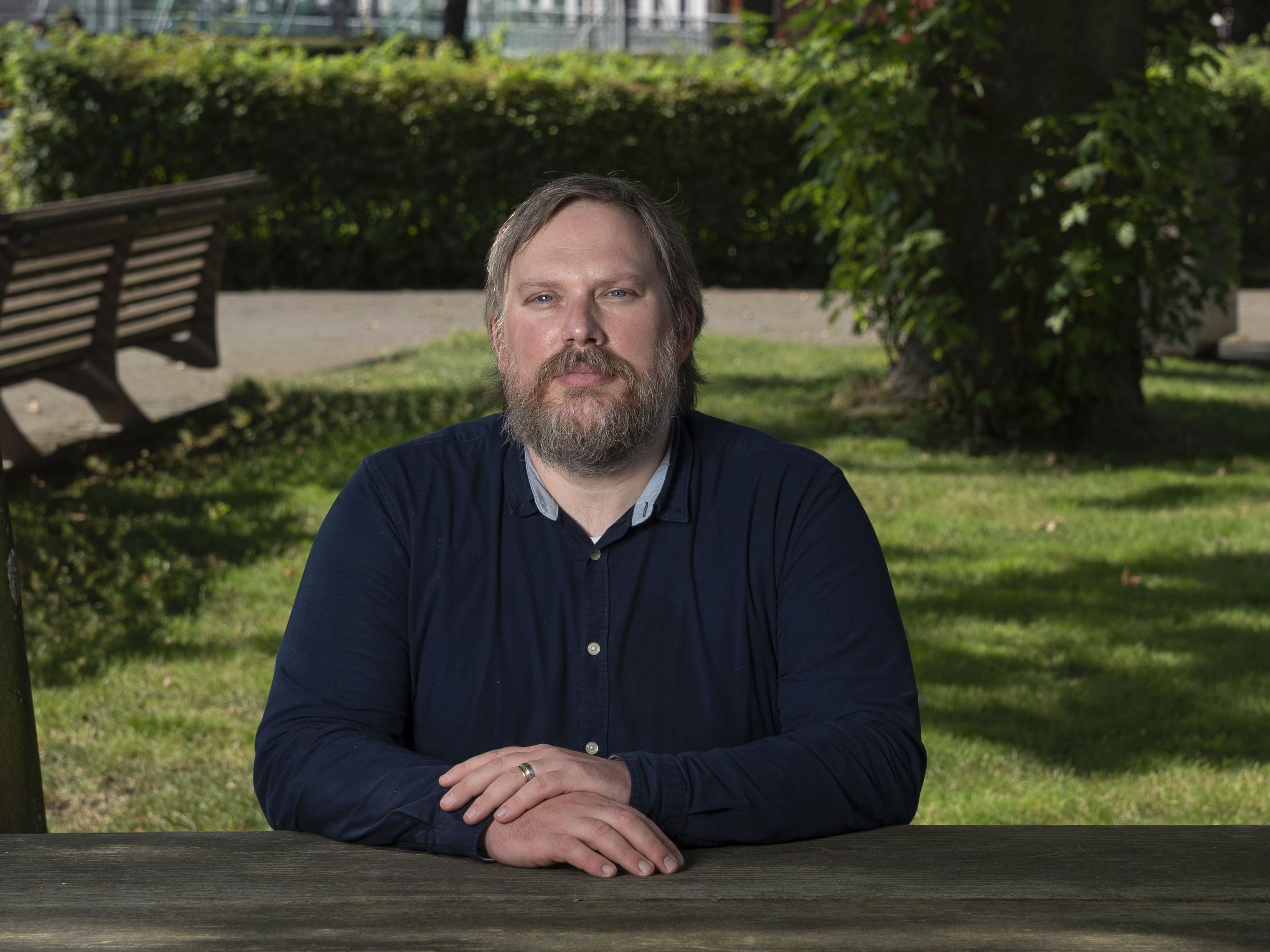Doing research in times of a pandemic
| Date: | 11 February 2021 |

Over the past couple of months, Pedro de Faria’s research was influenced by the covid-19 pandemic. Together with his colleagues, Bart Los and Florian Noseleit, he published two FEB blog articles about the pandemic. FEB Research asked him to tell more about his activities.
First, can you tell us a bit about yourself?
“I joined the department of Innovation Management and Strategy in 2009 after finishing my PhD in Engineering and Industrial Management at the Technical University of Lisbon. I was one of the first to join the tenure track program at my department. And since last May, I am full Professor of Innovation Management. My research focuses on understanding how firms define cooperation and knowledge protection strategies and on how human capital plays a role in internationalization strategies. I am currently also Associate Editor of the Journal Industry and Innovation.”
Over the last months you have done research related to covid-19, what were the results?
“Together with my colleagues Bart Los and Florian Noseleit, I wrote a couple of reflections on the challenges associated to covid-19. We published them on the FEBlog in order to stimulate the discussion on the lessons that can be learnt from this crisis.
The first blogpost is focused on the pressure under which health systems around the world were in the beginning of the crisis due to the shortages of ventilators and testing equipment. Profit-maximizing firms do not have incentives to make the substantial and uncertain investments necessary for the world to be prepared for global pandemics. We advocate a strategy for fighting future pandemics in which governments play a more active role in the coordination of production capacity, strategic stockpiling and logistics of essential products.
Our second blogpost followed the numerous reports of firms adapting their activities to help fighting the covid-19 pandemic. We argue that national governments and international organizations should incorporate some lessons about such ‘adaptive innovations’ in future innovation policies. In order to make societies more resilient to crises, these policies should include tools such as subsidies, tax breaks and procurement aimed at encouraging cross-industry collaboration in the manufacturing of essential health products.
The fact that the crisis has been very impactful for small firms and has placed many entrepreneurs out of work led me to reflect on the implications of my paper recently published in the Journal of International Business Studies (with Andreas Distel, Wolfgang Sofka, Miguel Torres Preto and António Ribeiro). In this paper, we show that multinational companies perceive the unique skills of entrepreneurs as valuable for their activities. In times of crisis, entrepreneurial creativity and judgement are highly needed, so I expect that many multinational companies will actively try to hire entrepreneurs that are now willing or forced to change their career plans.”
Has covid-19 influenced your research?
“Yes, the covid-19 crisis impacted my research in two ways. It influenced, as discussed above, the content of my research but it also affected the way I conduct it. While it did not change how I work with most of my co-authors (a lot of meetings were already virtual before the lockdown) or limited my access to data (I mostly use secondary data), it impacted the serendipitous dimension of my research. I believe that the lack of informal meetings with my colleagues at the office and with other researchers at conferences might negatively affect my stock of future research ideas.”
What other research have you planned for?
“During the quarantine, I mainly worked on two articles that soon will be submitted to journals. One contributes to the debate on the advantages and liabilities of earmarking for public research funding. We (I together with Holmer Kok and Dries Faems) find that earmarked projects receive lower expert evaluations than non-earmarked projects. However, and surprisingly, we also find that they do not underperform, and sometimes even outperform, non-earmarked projects in terms of tangible research outcomes (i.e. number of patents and publications).
The second project deals with human capital transfers from multinational companies to domestic firms. We (I together with Wolfgang Sofka and Torben Schubert) explore how certain characteristics of domestic firms, like age, workforce diversity and hierarchical specialization, affect their ability to translate the knowledge and skills of former multinational employees into performance gains.”
To read more:
Pandemic-Related Innovation: Don’t Leave It to Markets
Masks instead of coffee filters and ventilators rather than cars

